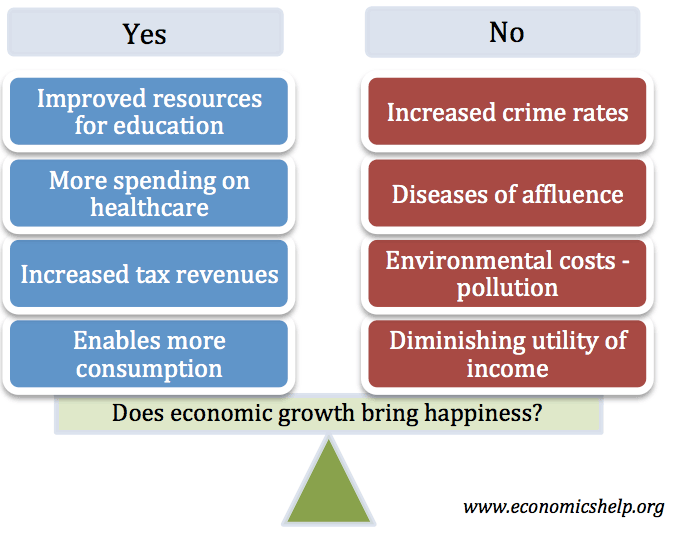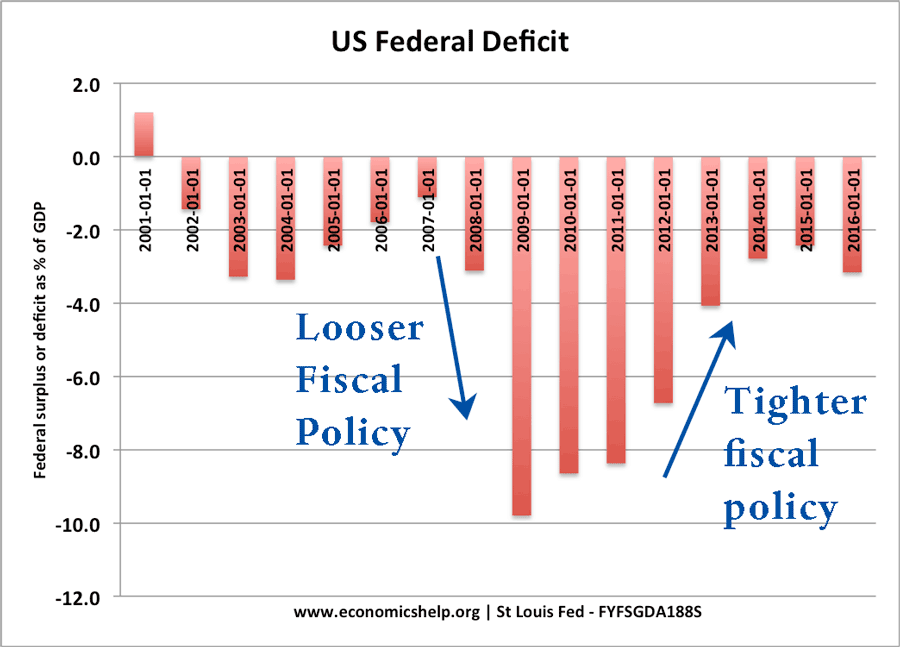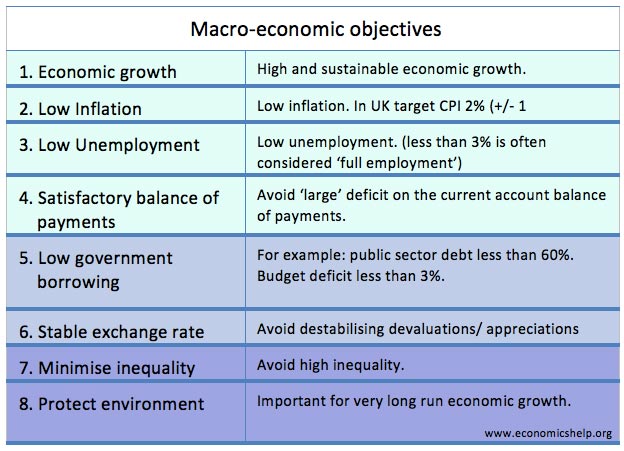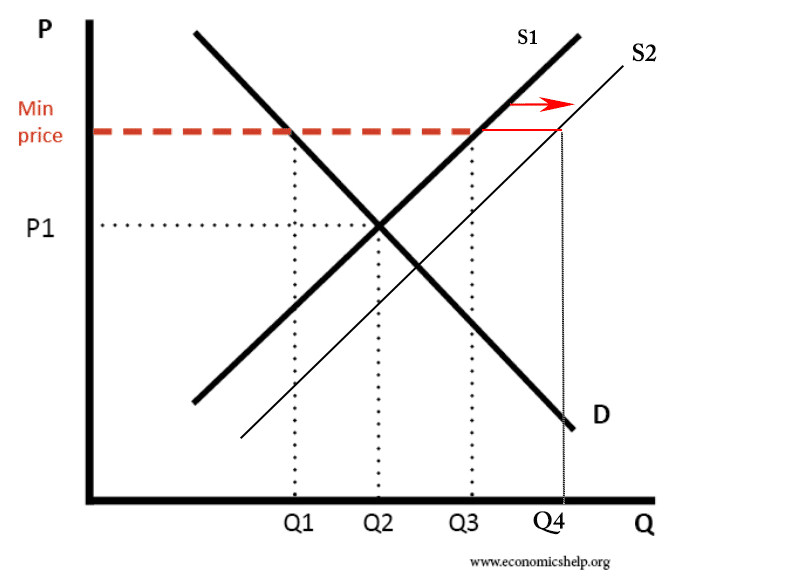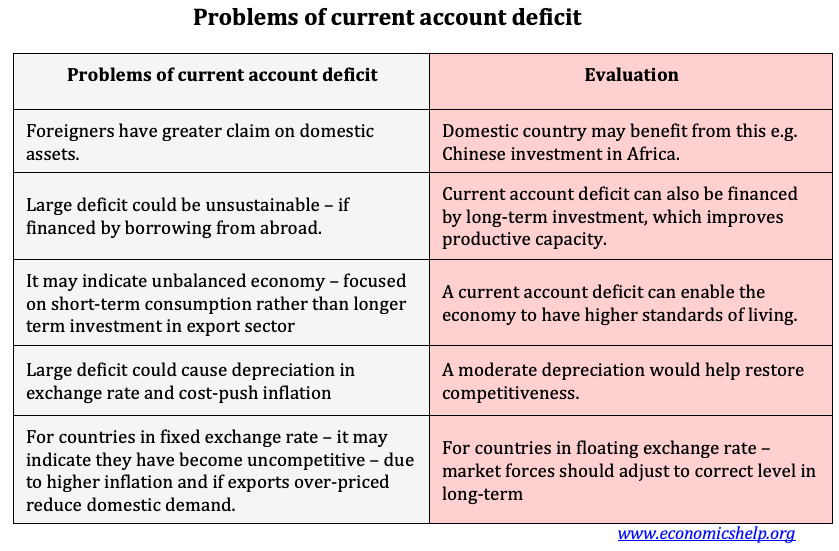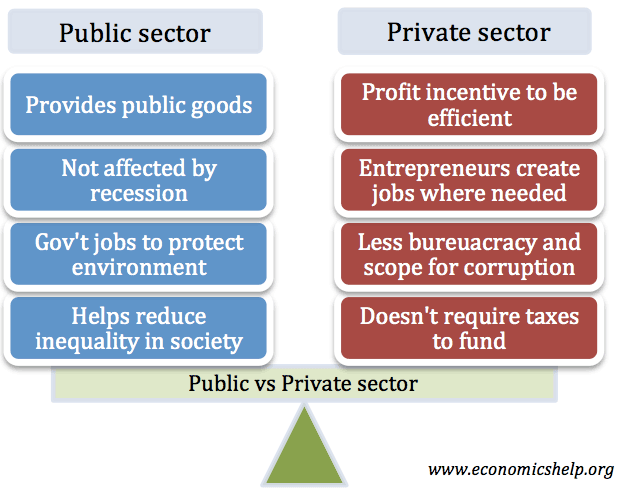Economic Growth
Economic growth means an increase in real GDP – which means an increase in the value of national output/national expenditure. Economic growth is an important macro-economic objective because it enables increased living standards, improved tax revenues and helps to create new jobs. Aspects of economic growth Causes of economic growth Costs/benefits of economic growth Policies …

